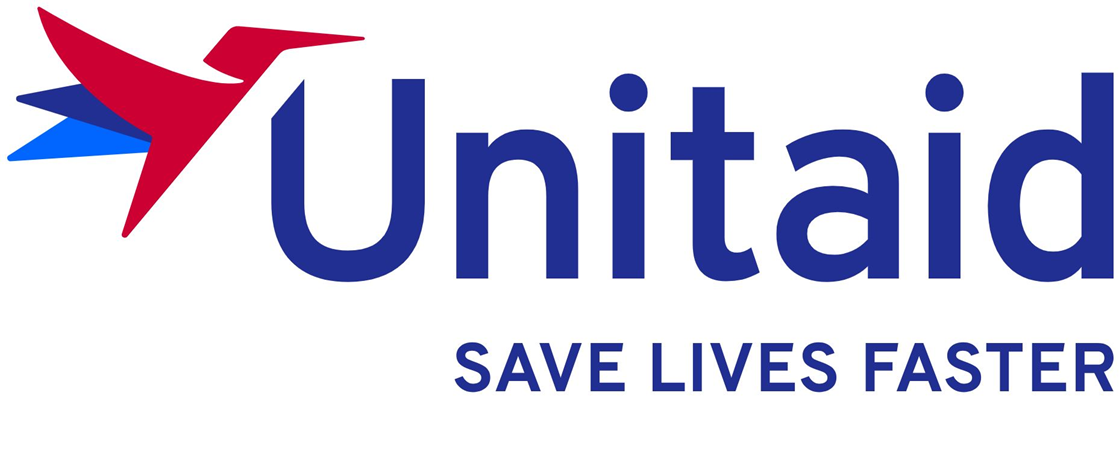Purpose: To evaluate the use of Bayesian adaptive randomization for clinical trials of new treatments for multidrug-resistant tuberculosis.
Methods: We built a response-adaptive randomization procedure, adapting on two preliminary outcomes for tuberculosis patients in a trial with five experimental regimens and a control arm. The primary study outcome is treatment success after 73 weeks from randomization; preliminary responses are culture conversion at 8 weeks and treatment success at 39 weeks. We compared the adaptive randomization design with balanced randomization using hypothetical scenarios.
Results: When we compare the statistical power under adaptive randomization and non-adaptive designs, under several hypothetical scenarios we observe that adaptive randomization requires fewer patients than non-adaptive designs. Moreover, adaptive randomization consistently allocates more participants to effective arm(s). We also show that these advantages are limited to scenarios consistent with the assumptions used to develop the adaptive randomization algorithm.
Conclusion: Given the objective of evaluating several new therapeutic regimens in a timely fashion, Bayesian response-adaptive designs are attractive for tuberculosis trials. This approach tends to increase allocation to the effective regimens.
Authors: Matteo Cellamare, Steffen Ventz, Elisabeth Baudin, Carole D Mitnick, Lorenzo Trippa
Access the full article here - https://pubmed.ncbi.nlm.nih.gov/27559021/
Resource type




